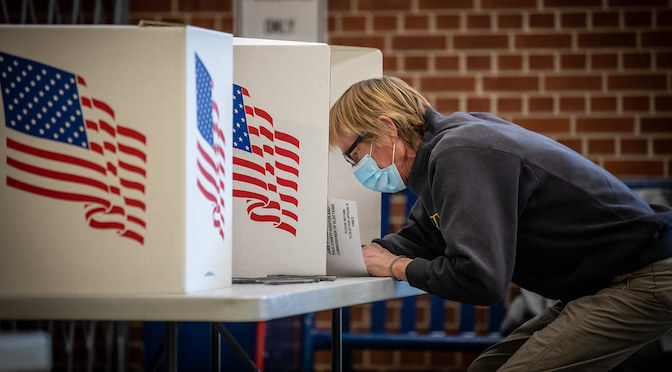In times of crisis, states may grant their executives emergency powers that can be expansive in scope often with few, if any, legislative or statutory safeguards. When elections overlap with emergencies, as happened in 2020 when the US presidential election coincided with the Coronavirus pandemic, state emergency statutes enable officials to modify the administration of elections, reshaping how Americans vote.
Author Dakota Foster takes a hard look at the use of state emergency powers during elections and the impact that the broad use of these powers can have on the democratic process. By examining the legal underpinnings of these powers in statute and court precedent, as well as their real-world application across Florida, Texas, and California in 2020, Foster explores an intersection—state emergency powers and elections—that is both under-studied and primed for abuse.
Foster argues that as election administration becomes increasingly politicized, and as governors face increased pressure from national parties, the emergency powers intended to safeguard democracy’s most vital instrument—elections—could be harnessed to democracy’s detriment.

